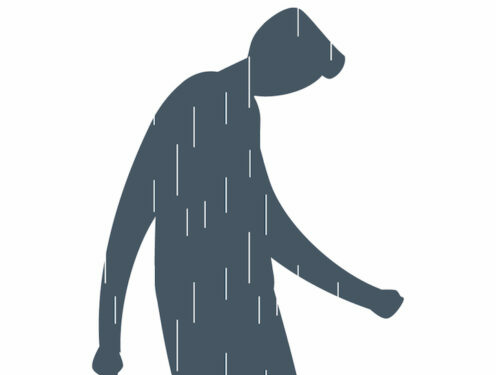No one is immune to the occasional bad mood. A bad mood can make a difficult day feel even more so, and multiple-person households can become uncomfortable places to be if one person’s mood is less than welcoming.
Bad moods can be easy to shrug off, and that may not inspire people to wonder why their generally upbeat outlooks can suddenly take a turn for the worse. Each person is different, so what triggers a mood swing in some individuals may not necessarily do so in others. However, various factors can adversely affect mood. Taking steps to avoid or minimize such factors can reduce the number of days when you feel as though you woke up on the wrong side of the bed.
Lack of physical activity
A 2019 study from the Harvard T.H. Chan School of Public Health found that running for 15 minutes a day or walking for an hour reduces the risk of major depression. That link is likely connected to the release of endorphins triggered by exercise. Endorphins are hormones that studies have shown contribute to a general feeling of well-being, which explains why a lack of physical activity can adversely affect mood.
Chronic stress
Chronic stress has long been linked to a host of health problems. According to the Mayo Clinic, chronic stress puts individuals at increased risk for heart disease and weight gain but also issues that affect mood, including anxiety and depression. Individuals who find themselves routinely confronting bad moods may be dealing with chronic stress. Identifying the source of that stress and speaking with a health care professional about how to reduce and manage it may lead to improvements in mood.
Hunger
A 2018 study from researchers at the University of Guelph in Ontario found evidence that a change in glucose levels can have a lasting effect on mood. The study, published in the journal Psychopharmacology, found that rats injected with a glucose metabolism blocker experienced stress and depressed mood due to the resultant hypoglycemia. The study lends credence to the notion that many people have about feeling moody when they don’t eat.
Weather
Seasonal Affective Disorder is a type of depression that adversely affects certain individuals’ moods during winter, when hours of sunlight are fewer than during spring, summer and fall and when temperatures outside can sometimes be so cold as to keep people indoors for extended periods of time. In addition, a 2013 study published in the journal Social Indicators Research found that individuals report greater life satisfaction on exceptionally sunny days than they did on days with ordinary weather.
Bad moods come and go for most people. Identifying common triggers for bad moods can help individuals prepare for potential mood swings and navigate them in healthy ways.



